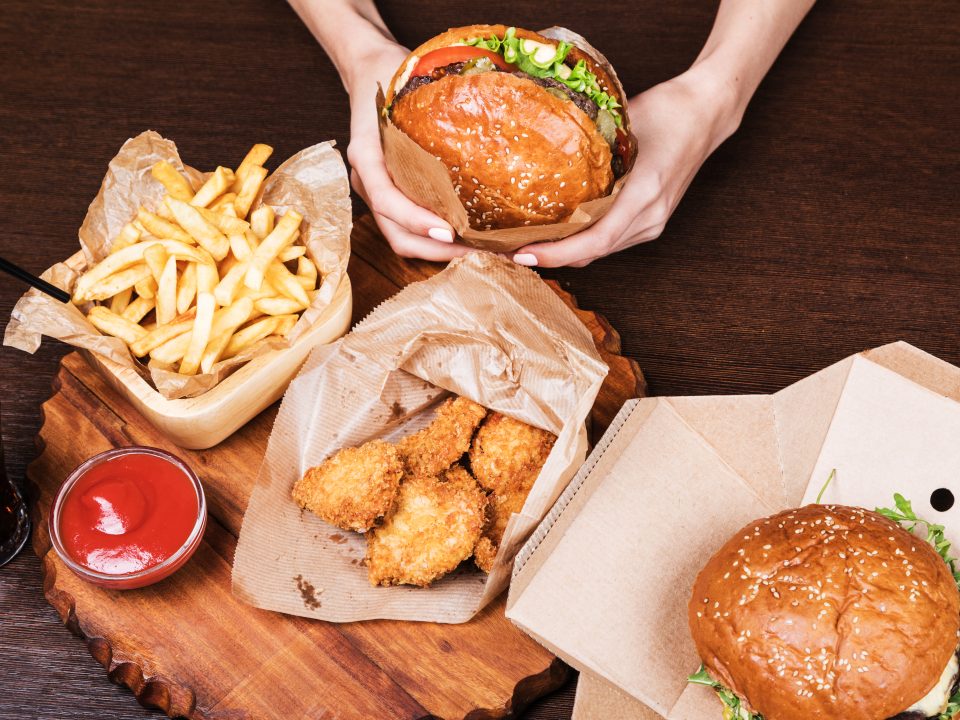
A day in the life of an OnTrack resident
August 8, 2018
Winter Workouts
October 29, 2018Mindfulness is the latest buzzword in the wellness world, and rightly so. For those who aren’t familiar, mindfulness is a mental state that is achieved by focusing your awareness on the present moment, whilst acknowledging and accepting feelings, thoughts and bodily sensations. The practise is largely known for its stress busting, sleep aiding benefits, but did you know it could also play a key role in your weight loss journey?
Catch more z’s
One of the most common reasons that people practise mindfulness if to get a better quality of sleep. Just 10 minutes of mindfulness before bed can relax your body and brain, and help you block out common distractions like TVs or phones that can profoundly affect the quality of your slumber.
Sleep is like nutrition for the brain, and the more you can get the better you’re going to feel. A solid night’s sleep will mean you’re more likely to make sensible decisions when it comes to food; a study done by the University of Chicago found that sleep-deprived participants chose snacks with twice as much fat as those who slept at least 8 hours. You’ll also find that your metabolism will be higher, and you won’t feel too sluggish to head to the gym.
Reduce your stress levels
Mindfulness is also praised by many for helping reduce those stress levels. By practising breathing techniques and clearing the mind, many find that they feel significantly less tense.
Stress can wreak havoc on the body, not only causing headaches, sleep problems, digestion issues and depression, but it’s also known to be connected to weight gain. High levels of cortisol, the stress hormone, can increase appetite and cravings for junk food.
Be mindful of what you’re eating
Mindful eating takes the practices of mindfulness and applies them to your meal time. It requires you to be in the moment as you eat each meal, that means no distractions, like TV, which can take your focus away from the meal at hand.
Mindful eating requires you to give your food your full, undivided attention and eat slowly; taking in the smells, tastes and appearance of your meal. Doing this can help you notice when you’re full and not drive you to overeat, the main culprit where weight gain is concerned.
Thinking of giving mindfulness a try, but don’t know where to start? Downloading an app is one of the best ways to ease yourself into the practises and learn the basic principles. There are plenty of great apps out there, but we would recommend Headspace, Calm or MindFi.
If you want some guidance with a human touch, we run seminars and workshops to help you refocus your attitude to food and help you take control of your eating habits. Find out more about our Cotswolds based retreat and book your stay.





